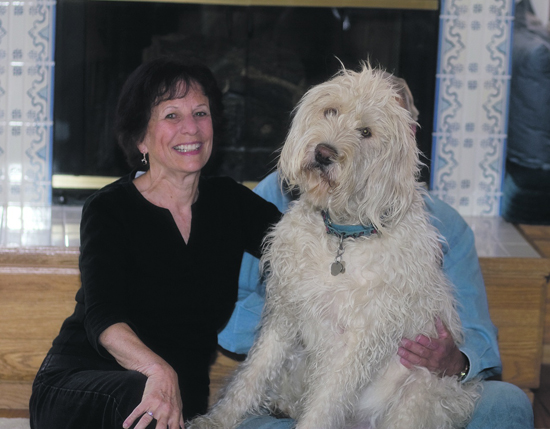
| ||||||
Ryerson's experience with Nelson provided the inspiration for her to write a simple, short, constructive guide for couples that is also humorous. Couples are a big part of Ryerson's counseling practice. She has been a Marriage and Family Therapist for over twenty years and has offices in Orinda and Walnut Creek. "I work with couples on communication techniques and all the issues that come up in a relationship-kids, in-laws, sex, financial issues. I'm used to clients coming in and having read segments of longer books. I wanted to write a book that would hold their attention and also serve as a resource."
Humor is a key ingredient to effective couples' therapy according to Ryerson. While her goal is to help couples to understand their issues and develop constructive ways to be with each other, she tries to keep therapy sessions lighthearted. "Humor joins people together. It makes us relax, alleviates the stress and tension, and provides a place to focus on that is encouraging," she says. In addition to the entertaining comparisons between how to treat one's dog and one's partner in Ryerson's book, it also includes amusing cartoons by artist Barry Hunau.
Ryerson advocates the use of calm assertiveness in a relationship and compares this approach to the way a dog responds well to a strong but calmly and respectfully delivered message. "Assertiveness requires using good judgment, and timing is important," says Ryerson who also emphasizes the importance of supportive and consistent non-verbal communication. "70% of our communication is nonverbal. Your face has to match your words."
Throughout the book Ryerson provides real-life examples and lists of tips and techniques to support these communication principles. "I hope couples will get help from reading the examples and make use of tips and techniques," says Ryerson, but she adds that just like training your dog, it takes practice.
Read an excerpt from Ryerson's book in her Family Focus column on page D8.
Reach the reporter at:
Copyright
